The Space Research Institute for Discovery and Exploration (SRIDE) at the University of Cincinnati aims to foster growth in career paths aligned with regional and national interests in discovering and exploring our universe with an emphasis on space travel
and habitation. Exploring space has the potential to help humans better understand the Earth and its place in the universe, while the possibility of humans living in space or on other celestial bodies presents new challenges related to sustainability,
exploration policies, and governance when planning to build societies in space. To do this, SRIDE sponsors two fellowship programs, one for undergraduates and one for graduate students, for students interested in the future of space research and exploration
who show potential in advancing new ideas in the field.
The SRIDE Fellowship for Discovery is an opportunity for undergraduate students of all majors in the last year or two of their academic programs with cumulative GPAs of 3.5 or higher. Funding for this award is available for up to six $5,000 fellowships
each academic semester.
The SRIDE Fellowship for Exploration is open to graduate students who have completed at least one year of their Masters or Ph.D. degrees in any area of study and have cumulative GPAs of 3.0 or higher. This award provides funding for up to six $30,000
12-month graduate stipends that do not include tuition waivers.
Congratulations to the newest cohort of SRIDE fellows!
Fall Semester 2023 SRIDE Fellowship for Discovery Awardees
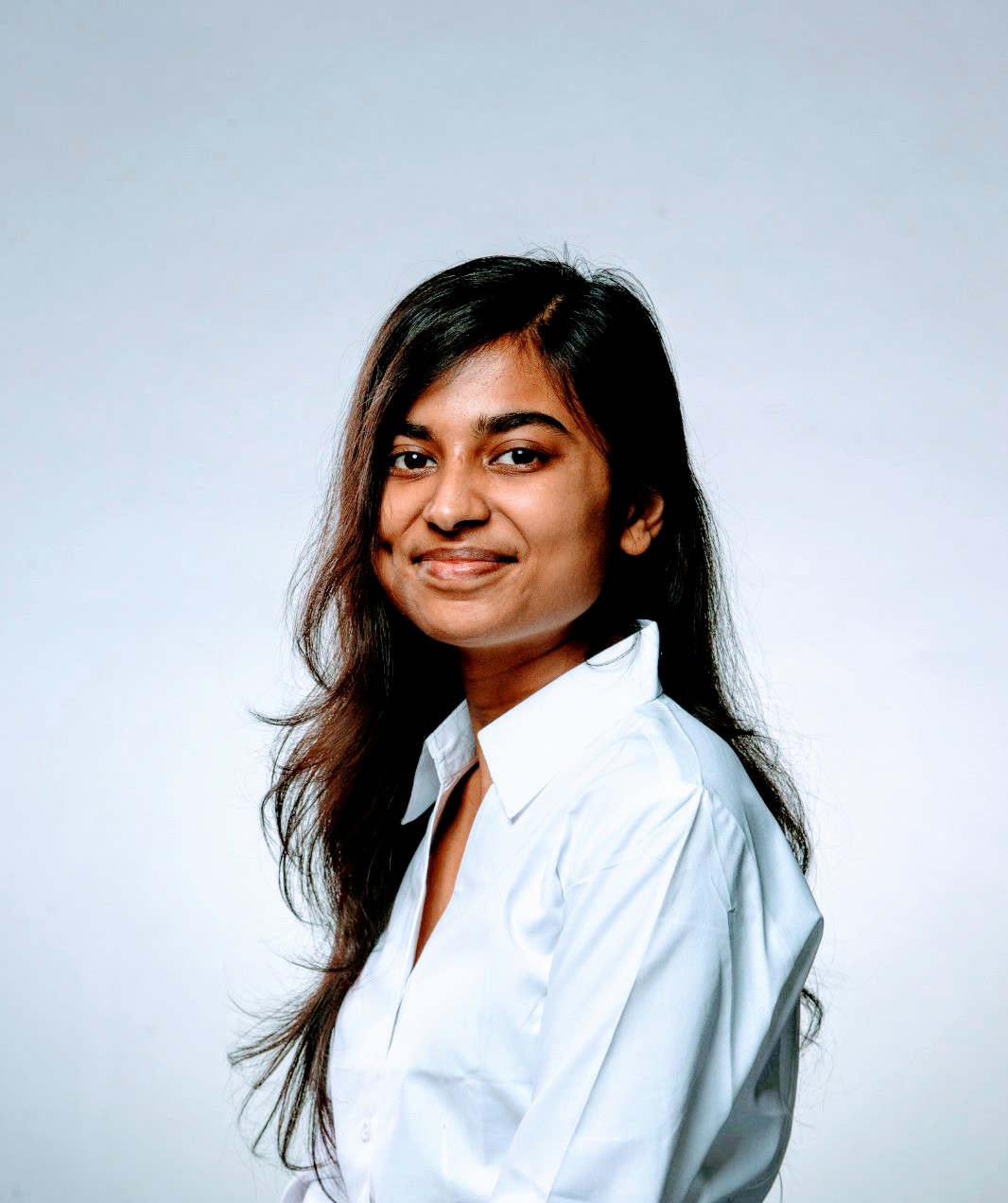
Yashvi Srivastava
Aerospace Engineering
College of Engineering & Applied Science
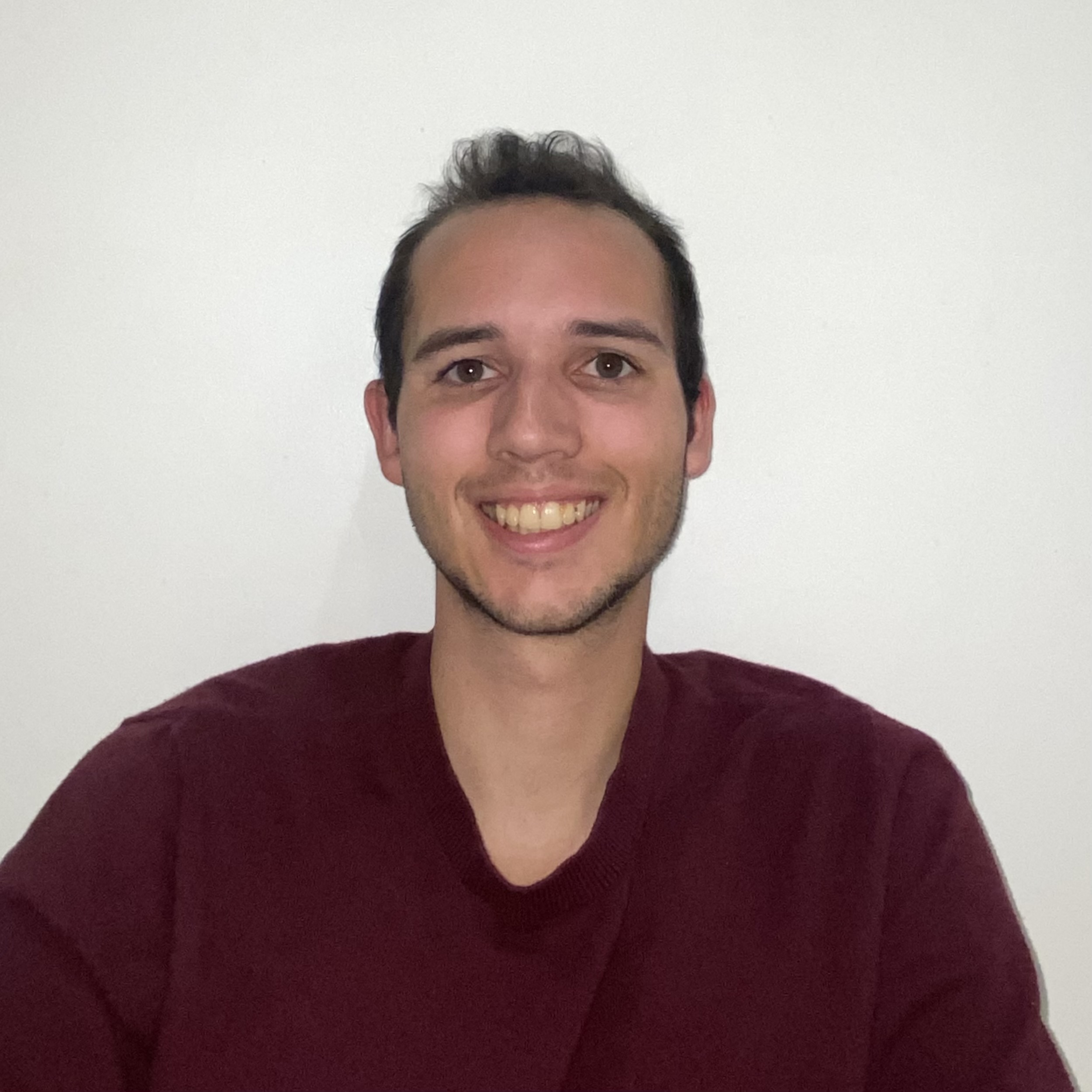
Ross Thayer
Aerospace Engineering
College of Engineering & Applied Science
Academic Year 2023-24 SRIDE Fellowship for Exploration Awardees
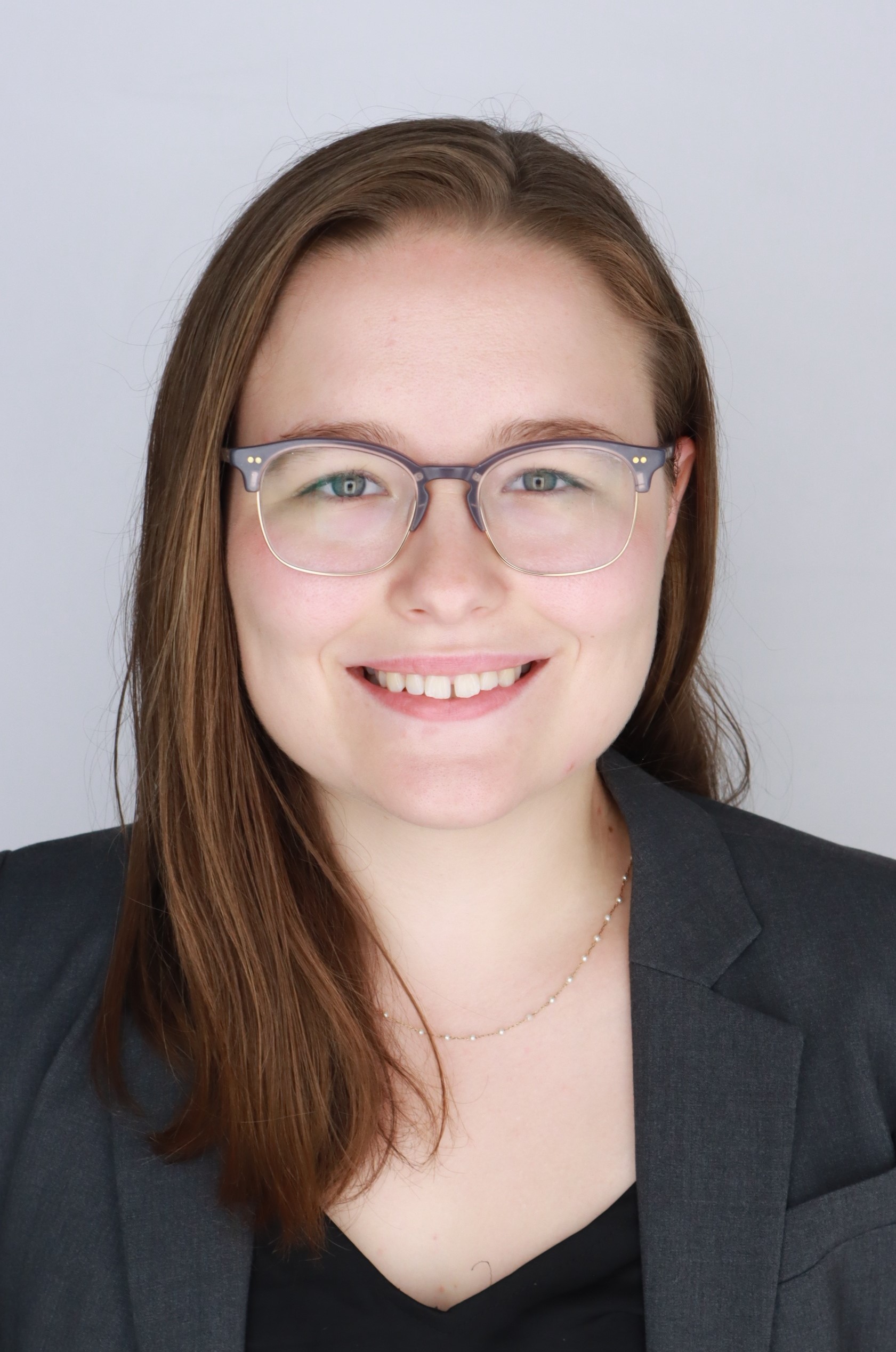
Nicole Carver
Experimental Psychology
College of Arts & Sciences
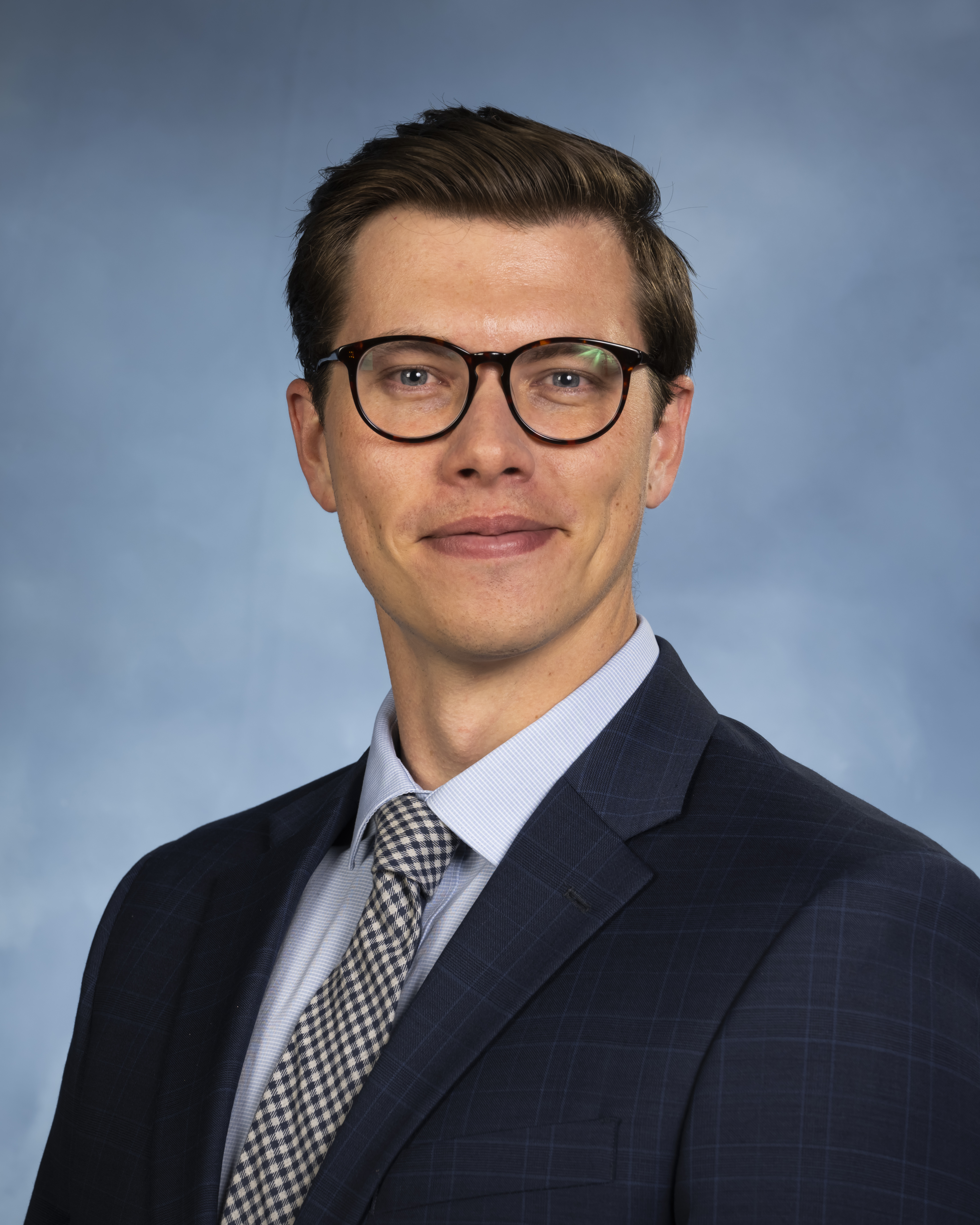
Sean Dobson
Materials Science
College of Engineering & Applied Science
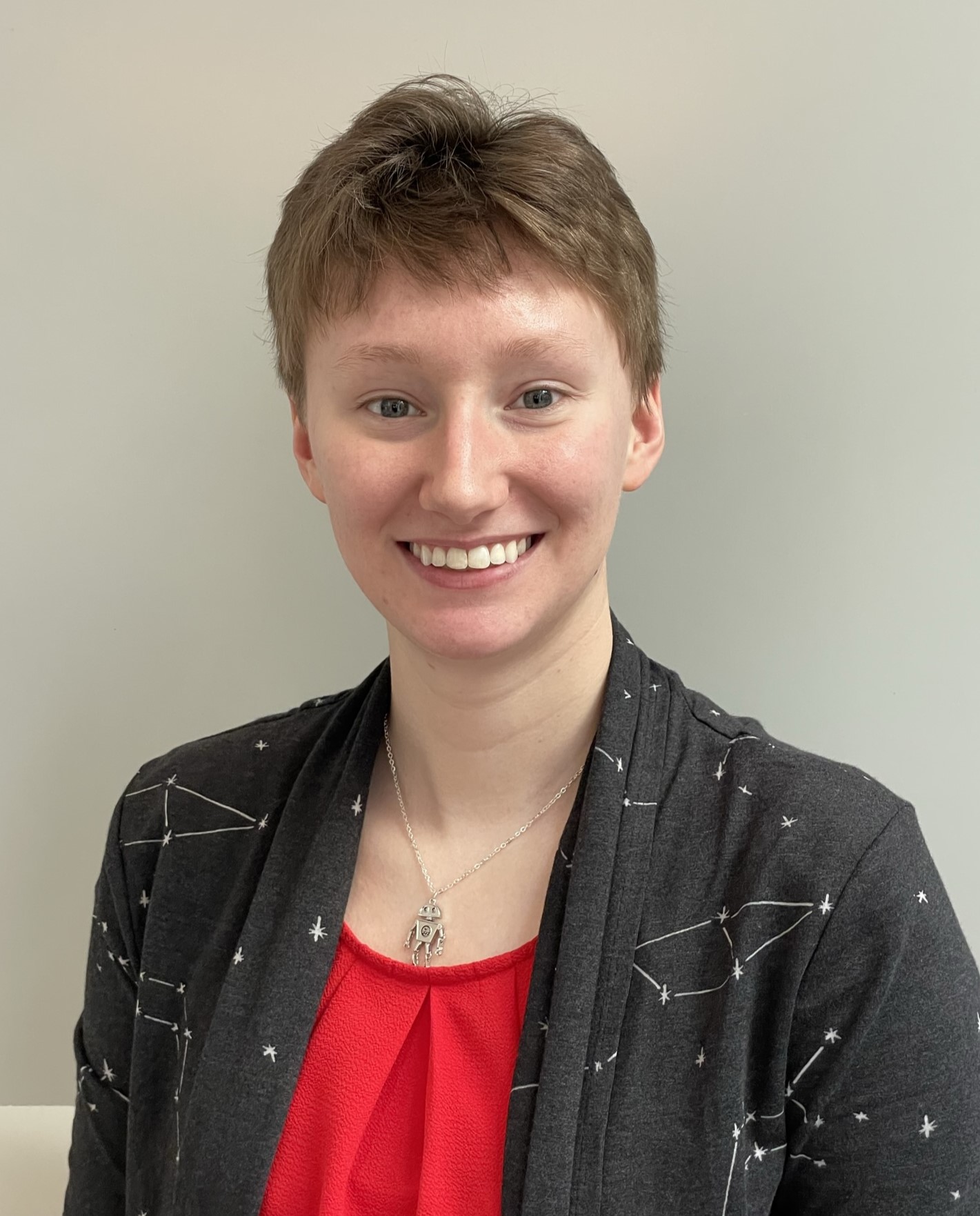
Rebecca Gilligan
Aerospace Engineering
College of Engineering & Applied Science
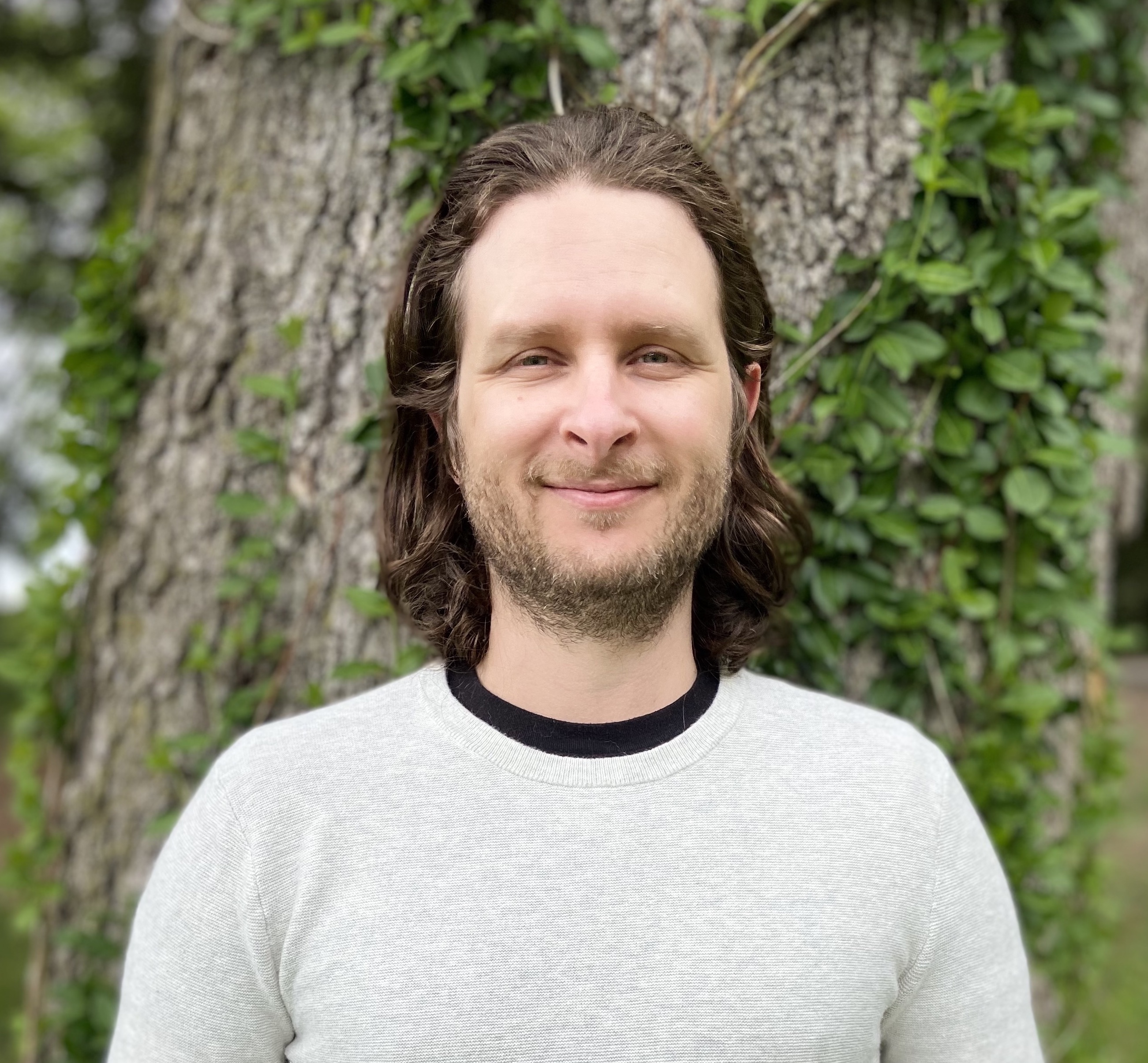
Wilhelm A. Louw, MBA
Aerospace Engineering
College of Engineering & Applied Science
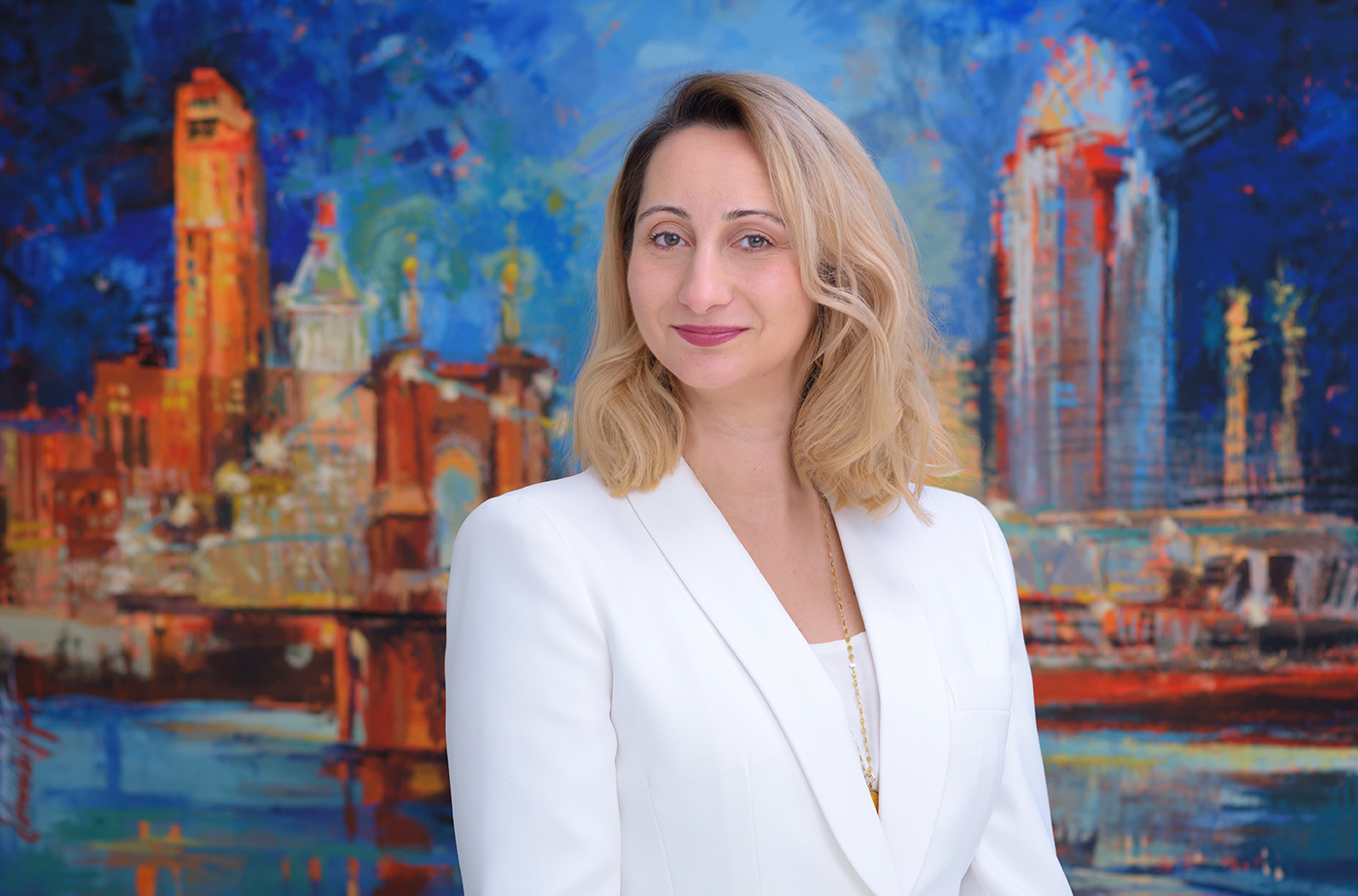
Aida Ramusovic-Witham
Political Science – Comparative Politics
College of Arts & Sciences
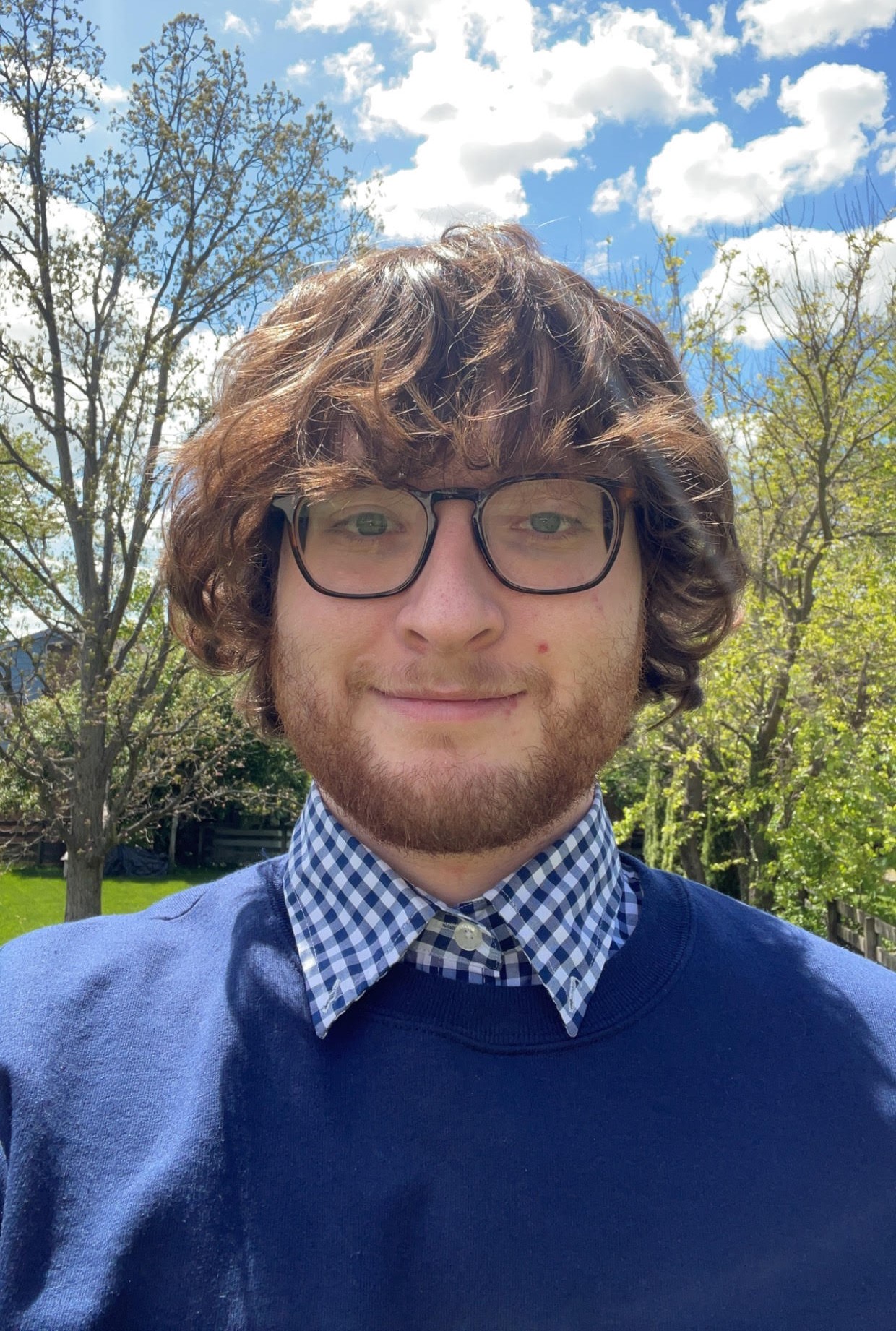
Dylan Roach
Aerospace Engineering
College of Engineering & Applied Science
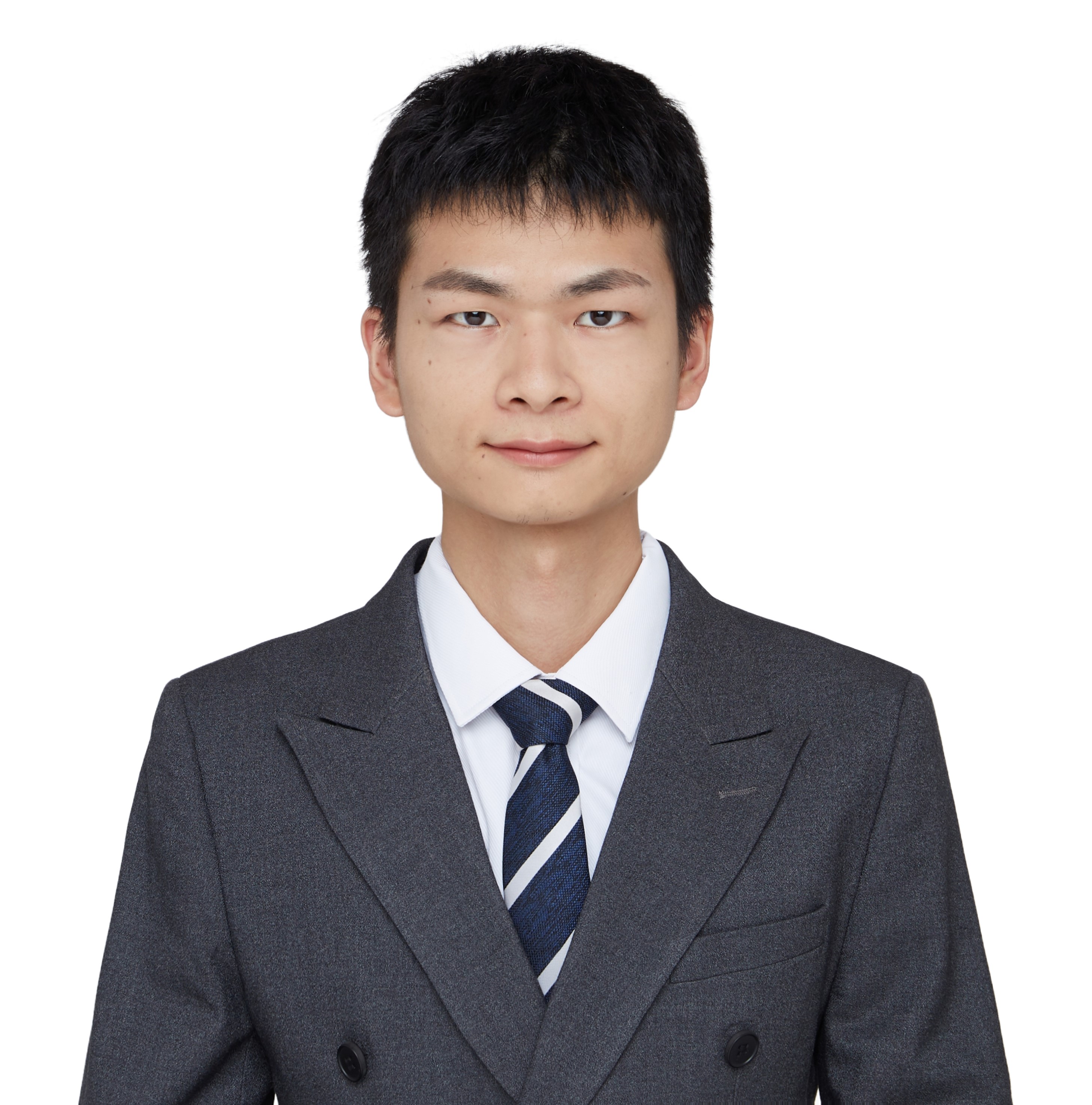
Liang Zhang
Civil Engineering
College of Engineering & Applied Science